The Zuckerberg-Trump Dynamic: Impacts On Tech And Politics
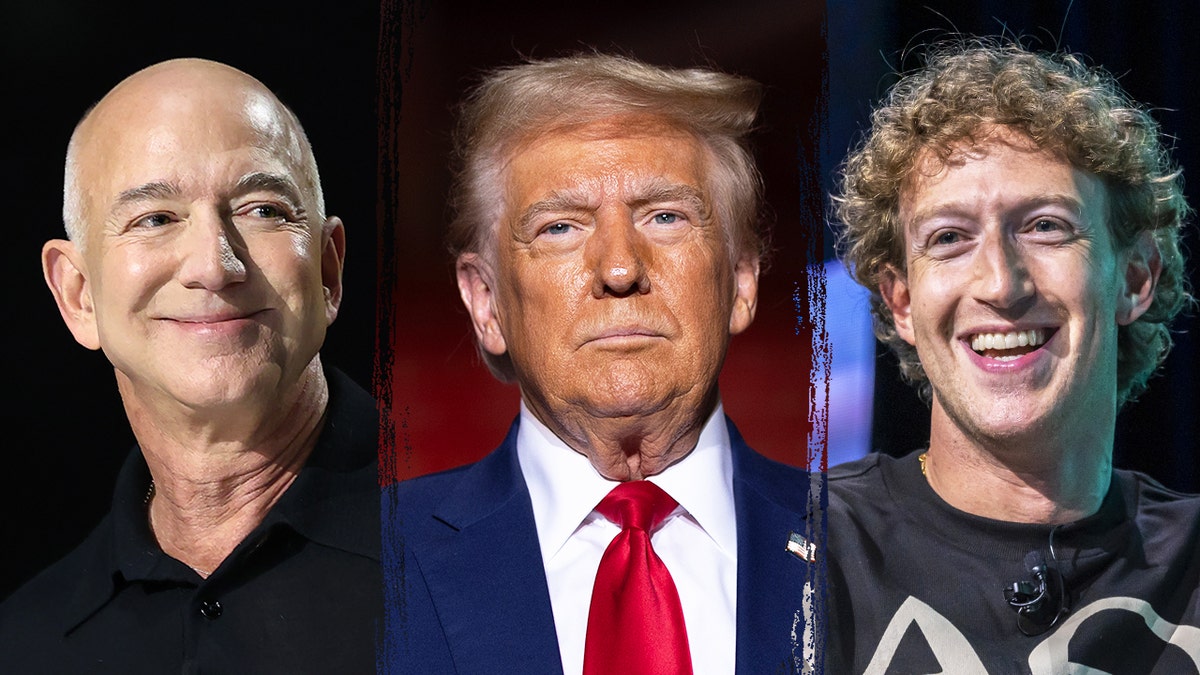
Table of Contents
Facebook's Role in the 2016 Election and Beyond
The 2016 US presidential election highlighted the significant role social media platforms, particularly Facebook, played in shaping public opinion and disseminating information (or misinformation). The Zuckerberg-Trump dynamic was already taking shape during this period.
Cambridge Analytica Scandal and its Ramifications: The Cambridge Analytica scandal, which involved the harvesting of millions of Facebook users' data without their consent and its use to target political advertising, significantly damaged Facebook's reputation. This event underscored the platform's vulnerability to manipulation and raised serious questions about data privacy and the ethical implications of targeted advertising.
- Data breaches: The scandal exposed significant flaws in Facebook's data security protocols.
- Regulatory fines: Facebook faced substantial fines and regulatory scrutiny globally following the scandal.
- Impact on public opinion: Public trust in Facebook plummeted, leading to calls for greater regulation and accountability.
- Zuckerberg's testimony before Congress: Zuckerberg's testimony before the US Congress further highlighted the severity of the issue and the need for reform.
Spread of Misinformation and Political Advertising: Facebook's algorithms, designed to maximize engagement, inadvertently contributed to the spread of misinformation and propaganda during the 2016 election and beyond. The platform's approach to political advertising also came under intense scrutiny, raising concerns about the potential for foreign interference and manipulation of electoral processes.
- Algorithms: Facebook's algorithms prioritized engagement, often promoting sensational and misleading content.
- Targeted advertising: Targeted advertising allowed campaigns to micro-target specific demographics with tailored messaging, potentially exacerbating existing political divisions.
- Impact on elections: The spread of misinformation and the use of targeted advertising raised serious concerns about the integrity of democratic processes.
- Efforts to combat fake news: Facebook implemented measures to combat fake news, but their effectiveness remains a subject of ongoing debate.
Trump's Use of Facebook and its Impact on his Presidency: Donald Trump utilized Facebook extensively to communicate directly with his supporters, bypassing traditional media outlets and fostering a sense of direct engagement. This strategy allowed him to control the narrative and reach his base without the filter of mainstream media.
- Direct engagement with supporters: Trump's direct communication fostered strong loyalty and bypassed traditional media gatekeepers.
- Bypassing fact-checking: Trump frequently used Facebook to disseminate unsubstantiated claims and attack his opponents, often without fact-checking.
- Impact on political campaigning: Trump's Facebook strategy revolutionized political campaigning, highlighting the power of social media in reaching voters directly.
The Ban and its Aftermath
The Zuckerberg-Trump dynamic reached a critical juncture following the January 6th Capitol riot.
Facebook's Decision to Ban Trump: In the wake of the January 6th insurrection, Facebook indefinitely banned Donald Trump from its platform, citing concerns about his incitement of violence. This unprecedented decision sparked a fierce debate about the power of social media companies to moderate content and the implications for free speech.
- Justification for the ban: Facebook justified its decision based on Trump's repeated violations of its community standards.
- Criticisms of the decision: Critics argued that the ban constituted censorship and violated free speech principles.
- Free speech arguments: The ban reignited the debate about the balance between free speech and the responsibility of social media companies to prevent the spread of harmful content.
Implications for Free Speech and Censorship Debates: The ban on Trump from Facebook ignited intense debate regarding the role of social media platforms in regulating political discourse. The decision raised fundamental questions about the balance between free speech protections and the power of private companies to control online content.
- Arguments for and against the ban: Supporters emphasized the need to prevent incitement to violence, while opponents highlighted concerns about censorship and the potential for biased content moderation.
- Impact on political discourse: The ban significantly altered the online political landscape, forcing Trump and his supporters to seek alternative communication channels.
- Role of social media companies in moderating content: The ban underscored the increasing responsibility of social media companies in moderating content and shaping public discourse.
Trump's Response and Alternative Platforms: Following the ban, Trump explored alternative platforms to communicate with his supporters, most notably launching his own social media platform, Truth Social. This demonstrated the enduring influence of the Zuckerberg-Trump dynamic and the ongoing search for new ways to connect with voters directly, bypassing established media channels.
- Truth Social: The launch of Truth Social highlighted the growing influence of alternative platforms and the ongoing struggle for control of online narratives.
- Alternative communication strategies: Trump and his allies developed alternative strategies to disseminate their messages, including rallies, email lists, and alternative social media platforms.
- Impact on his political influence: The ban initially impacted Trump's reach but did not completely eliminate his political influence.
Long-Term Impacts on Tech and Politics
The Zuckerberg-Trump dynamic has had profound and lasting consequences on both the technological and political landscapes.
Increased Regulatory Scrutiny of Big Tech: The events surrounding the Zuckerberg-Trump dynamic fueled increased calls for greater regulation of Big Tech companies. This scrutiny has focused on various aspects of their operations, including content moderation, data privacy, and antitrust concerns.
- Antitrust legislation: Increased scrutiny of anti-competitive practices by social media giants.
- Content moderation policies: Calls for greater transparency and accountability in content moderation policies.
- Data privacy regulations: Strengthened data privacy regulations to protect user information.
Shifting Political Landscape and Media Consumption: The relationship between Zuckerberg and Trump has fundamentally reshaped the political landscape and the way people consume news and information. The rise of alternative platforms and the fragmentation of news sources have contributed to increased political polarization and mistrust in institutions.
- Rise of alternative platforms: The success of alternative platforms like Truth Social suggests a growing desire for alternative sources of information.
- Fragmentation of news sources: The proliferation of online news sources contributes to a fragmented media landscape, making it harder for people to discern truth from fiction.
- Impact on public trust in institutions: The events surrounding the Zuckerberg-Trump dynamic have eroded public trust in both social media companies and traditional media outlets.
The Future of Social Media and Political Discourse: The future of social media and political discourse remains uncertain. However, it's clear that the Zuckerberg-Trump dynamic has set the stage for continued regulatory pressure, evolving platform strategies, and the potential for further polarization.
- Continued regulatory pressure: Social media companies will likely face increased regulatory scrutiny in the coming years.
- Evolving platform strategies: Platforms will continue to adapt their strategies to address concerns about misinformation, hate speech, and election interference.
- Potential for further polarization: The ongoing challenges of moderating content and combating misinformation suggest that political polarization could worsen in the years to come.
Conclusion
The Zuckerberg-Trump dynamic has profoundly impacted the intersection of technology and politics. From the Cambridge Analytica scandal to the ban on Trump's Facebook account, this relationship has highlighted critical issues surrounding data privacy, misinformation, free speech, and the power of social media companies. The long-term consequences include increased regulatory scrutiny of Big Tech, a shift in media consumption habits, and a potentially more polarized political landscape. Analyzing the impact of the Zuckerberg-Trump relationship is crucial to understanding the future of social media, political discourse, and the intricate relationship between technology and society. We urge readers to continue researching the Zuckerberg and Trump dynamic and its evolving influence on technology and politics; exploring resources such as academic journals, news articles, and government reports will offer a more comprehensive understanding of this complex relationship.

Featured Posts
-
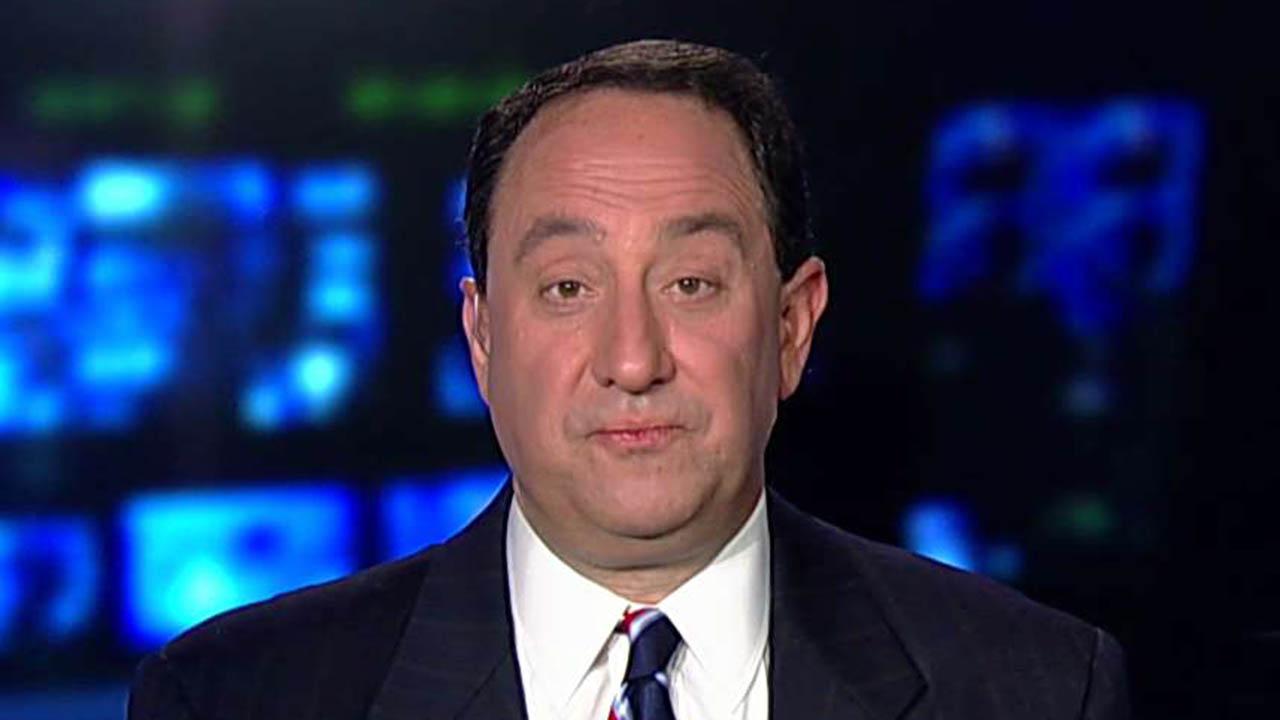 Gridlock On Capitol Hill Gop Tax Bill Snagged By Conservative Demands
May 18, 2025
Gridlock On Capitol Hill Gop Tax Bill Snagged By Conservative Demands
May 18, 2025 -
 Cassie Confirms Third Childs Gender A Birthday Surprise
May 18, 2025
Cassie Confirms Third Childs Gender A Birthday Surprise
May 18, 2025 -
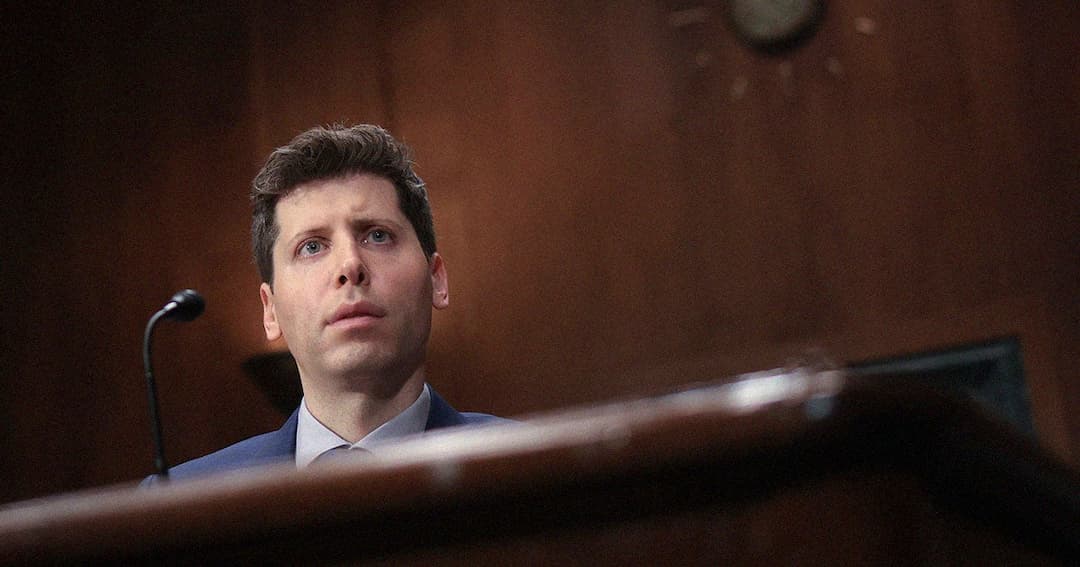 Open Ais Chat Gpt The Ftc Investigation And Its Potential Fallout
May 18, 2025
Open Ais Chat Gpt The Ftc Investigation And Its Potential Fallout
May 18, 2025 -
 See Taylor Swifts Eras Tour Costumes High Resolution Photos And Analysis
May 18, 2025
See Taylor Swifts Eras Tour Costumes High Resolution Photos And Analysis
May 18, 2025 -
 Economic Development Commission Awarded 800 K For Florida Space Coast
May 18, 2025
Economic Development Commission Awarded 800 K For Florida Space Coast
May 18, 2025
Latest Posts
-
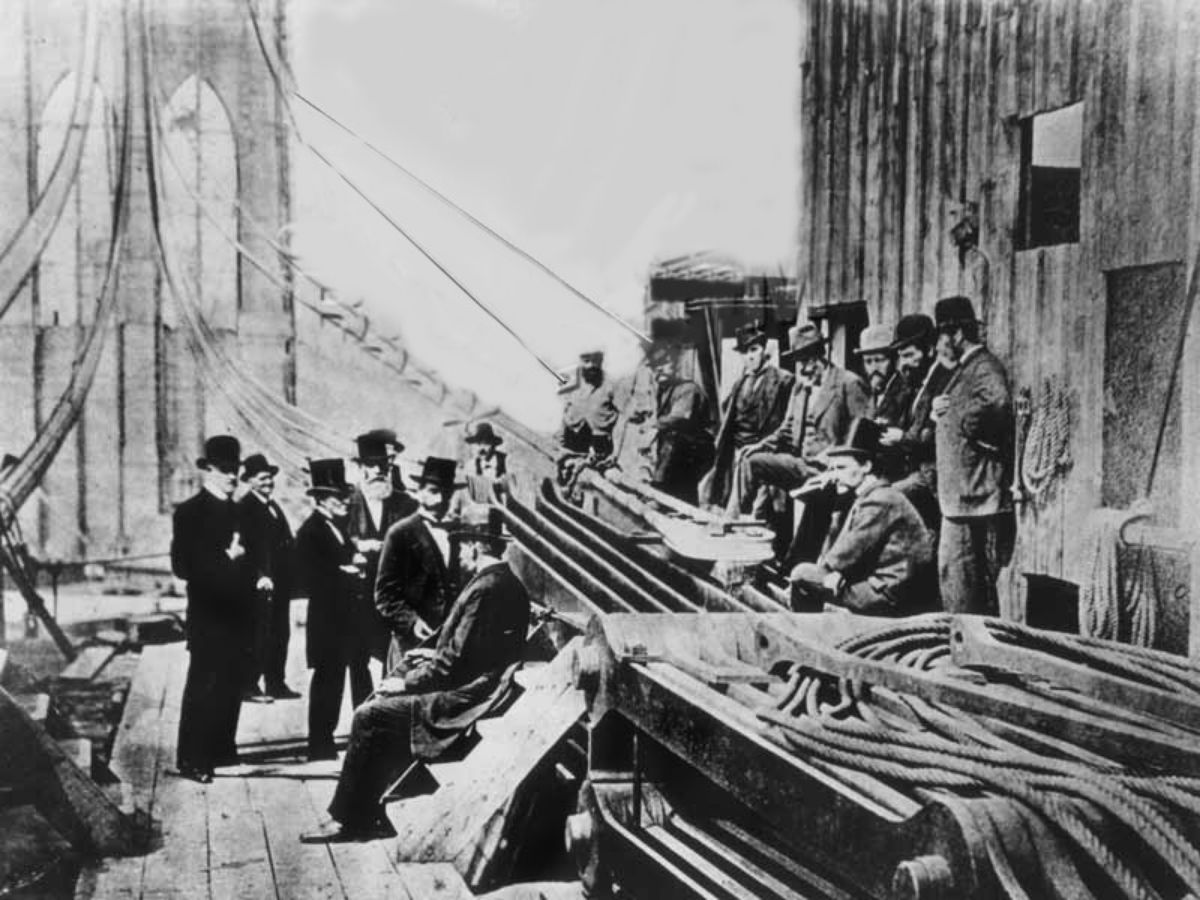 Barbara Mensch On The Construction And Legacy Of The Brooklyn Bridge
May 18, 2025
Barbara Mensch On The Construction And Legacy Of The Brooklyn Bridge
May 18, 2025 -
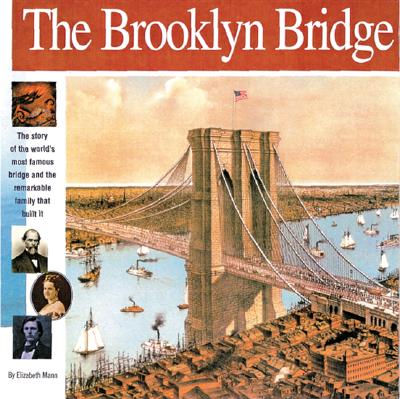 The Story Of The Brooklyn Bridge As Told By Barbara Mensch
May 18, 2025
The Story Of The Brooklyn Bridge As Told By Barbara Mensch
May 18, 2025 -
 Unveiling The Brooklyn Bridge Barbara Menschs Account
May 18, 2025
Unveiling The Brooklyn Bridge Barbara Menschs Account
May 18, 2025 -
 6000 2025
May 18, 2025
6000 2025
May 18, 2025 -
 Barbara Mensch Recounts The Brooklyn Bridges History
May 18, 2025
Barbara Mensch Recounts The Brooklyn Bridges History
May 18, 2025
